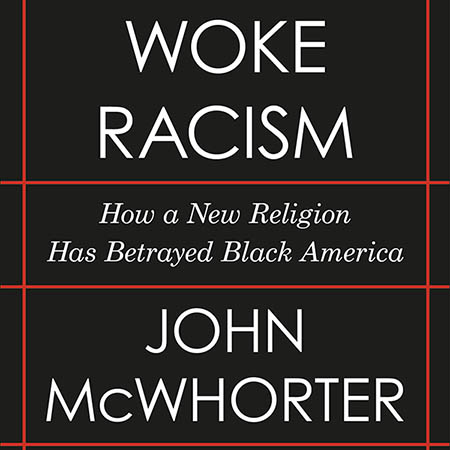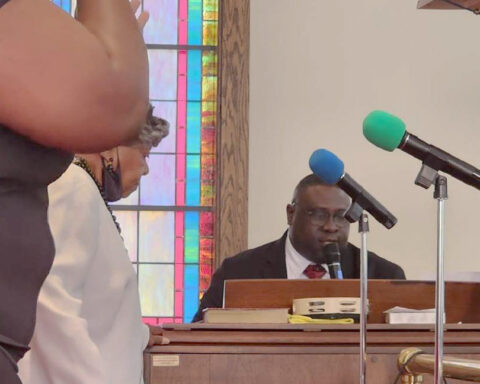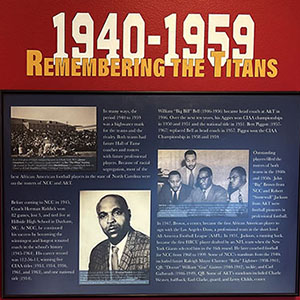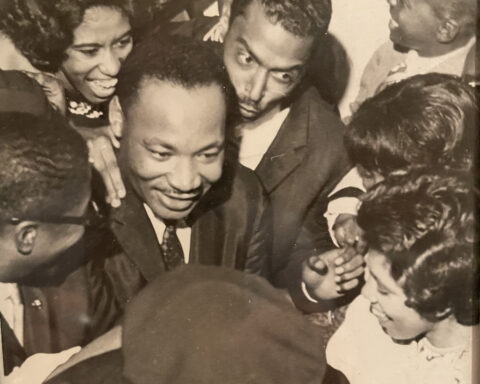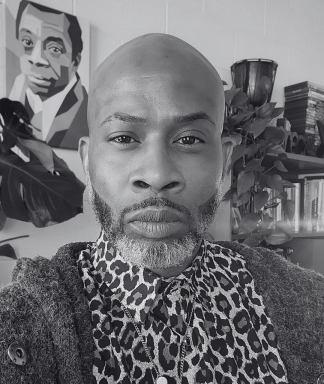Linguistics professor John McWhorter is — once again — stirring up a hornets’ nest.
This time in his new book, “Woke Racism: How a New Religion has Betrayed Black America,” he calls out white liberals and academics for talking the talk with their virtue signaling, but not walking the walk.
That is to say, they’ll jump at the chance to label remarks like “I have Black friends” and “I don’t see color” as racist.
Yet these same whites — he calls their efforts Third Wave Antiracism — do little to take the steps necessary to change the structural challenges facing African Americans.
He is especially critical of left wing academics who, he says, have formed a religion out of their antiracist wokism.
“There are people whose devotion is less to changing lives for people who need help than showing that they understand that racism and especially systemic racism exists,” McWhorter explains to Morning Edition.
This Third Wave Antiracism not only villainizes whites who admittedly say clumsy things, but it also taints all whites as having some privilege in absolutely everything they do.
On top of that, McWhorter says Third Wave Antiracism — unlike earlier waves: the struggle against slavery and the Civil Rights Movement — promotes in Blacks a sense of victimization, conditioning them to see racism at every turn in their lives.
McWhorter, a professor of linguistics, music history and American studies at Columbia University, has been a prominent figure in the national discussion surrounding race and racism ever since the publication, in 2000, of “Losing the Race: Self Sabotage In Black America.”
There he argued, as the title suggests, that Black culture — specifically its anti-intellectualism, separatism and identity of victimhood — all hold back African Americans.
In his latest book, McWhorter suggests that the same left-wing academics have only become more influential and have now turned their wokism into a religion.
“I do not mean that these people’s ideology is ‘like’ a religion. I seek no rhetorical snap in this comparison. I mean that it actually is a religion,” he writes.
McWhorter states that he’s aware his claims will initially be dismissed because of this very shift into “Third Wave Antiracism.”
He opens his book with the following example: Alison Roman, a food writer for The New York Times, was on suspension back in the summer of 2020 for criticizing Chrissy Teigan and Marie Kondo, two women of color, for commercialism.
Though these two aren’t seen as people of color by some, this new wave of anti-racism prevents white people from being able to criticize anyone non-white without being shamed for it.
“A kind of fury passed off as being ‘antiracist,’ now has supreme a power in our public moral evaluations and this required that Roman be pilloried in the town square,” writes McWhorter.
This liberal wokism is in fact something he calls a “detour.”
In fact, he dedicates his book “to each who find it within themselves to take a stand against this detour in humanity’s intellectual, cultural and moral development.”
McWhorter again revisits the idea that it does African Americans no good “to forge one’s identity around victimhood.”
White liberal academic Third Wave Antiracism, he maintains, may make white academic liberals feel good about themselves, but it fundamentally deprives Black people of their humanity because it infantilizes them, treating them like children whose feelings need to be protected.
He explains that left-wing academics and white liberals have become so enthralled with preventing or calling out “racist” speech and “racist” slights that they take on the posture of speaking for the Black community rather than with the Black community.
Journalist Zaid Jilani in a New York Times review of “Woke Racism,” writes that McWorter may have gone too far with the position that Third Wave Antiracism is a religion. After all, he argues, religion can be a force for good in the world. He gives an example of Malcolm X opening his eyes to the reality that not all white people are bad after his pilgrimage to Mecca.
“But I agree with McWhorter that a religion that seeks to defeat white supremacy by insisting that nonwhite people cannot be expected to uphold the same standards of conduct and ethics as white people isn’t one worth believing in,” Jilani writes.
Story by Iris Seegars

